- Information Meeting on 2023 UNESCO Creative Cities Network Application in China Held in Beijing
- Shanghai Vows 'City of Design' as Global Conference Makes Debut
- UNESCO City of Design in Europe: Good Design Should Be Shared by All
- Creative Cities: Asian Cities of Design, Fusion of Traditional Culture and Modern Fashion
- General Principles
- Guidelines for Applying
- A Preparatory Timeline
WHAT IS THE UNESCO CREATIVE CITIES NETWORK?
The UNESCO Creative Cities Network (UCCN) was created in 2004 to foster international cooperation within and across cities worldwide that utilize culture and creativity as a strategic lever for sustainable urban development.
The Network brings together cities from all continents and regions with different geo- demographic, economic, social, cultural and environmental settings. They work together towards a common mission: placing culture and creativity at the core of their urban development plans to make cities safe, resilient, inclusive, sustainable and future-proof in line with the United Nations 2030 Agenda for Sustainable Development, notably Goal 11: Make cities inclusive, safe, resilient and sustainable.
The UNESCO Creative Cities Network is composed of cities committed to pooling their resources, experiences and knowledge for the common objectives set forth in the Networks Mission Statement, and to actively cooperating at the international level through inter-city partnerships, in line with the wider mission of UNESCO to promote international cooperation, dialogue and solidarity for the pursuit of lasting peace.
As a laboratory of ideas and innovative practices, the UNESCO Creative Cities Network brings a tangible contribution to achieving the Sustainable Development Goals through people- centered policy making and place-based projects and initiatives. The Network further brings forth cities’ central role in sustainable development, highlighting the importance of the local dimension in the process, in line with UNESCO’s priorities in the field of culture.
As a follow-up to the adoption of the MONDIACULT 2022 Declaration at the UNESCO World Conference on Cultural Policies and Sustainable Development in September 2022, which reaffirmed culture as a "global public good" , the Network is committed to supporting the integration of culture as a standalone goal in the post-2030 sustainable development agenda, as evidenced by the Braga Manifesto endorsed during the 2024 UCCN Annual Conference.
WHO CAN APPLY?
The Call for Applications is open to all cities of UNESCO’s Member States and Associate Members.
UNESCO reserves itself the right to restrict the Call for Applications, by taking into account specific geographical or thematic priorities, and may limit the maximum number of designations. For the 2025 Call, a maximum of two applications from a same country, and in two different creative fields, can be eligible for designation.
Moreover, applications from under-represented regions within the Network, especially those from Africa and Arab States, are encouraged in order to enhance the Network’s geographic representation. The specific Cooperation Framework is available to cities from these two regions in the current Call (please refer to the Annex for further details on the Cooperation Framework).
Cities that have submitted two consecutive unsuccessful applications to the UNESCO Creative Cities Network, shall respect a moratorium of 4 years before presenting a new application.
SELECTION CRITERIA
A city may be designated based on its assets and added value in the fields of culture and creativity, but also on the content, impact and outreach of its proposed action plan. It shall demonstrate its potential contribution to the Network’s overall vision and objectives, as well as its commitment to UNESCO’s mandate and priorities, including the promotion of cooperation, solidarity and dialogue at all levels, and the implementation of the 2030 Agenda for Sustainable Development.
The Director-General of UNESCO is responsible for the designation of the cities in conformity with the guidelines set out below, in line also with the overall positions of the United Nations, and following an internal technical pre-screening by the UNESCO Secretariat and an external evaluation by:
1.UNESCO-designated independent experts specialized in the eight creative fields; and
2.Member cities in their respective creative fields: Crafts and Folk Art, Design, Film, Gastronomy, Literature, Media Arts and Music.
The Creative City designation indicates recognition of the quality, relevance and feasibility of the strategy and the proposed action plan outlined in the application to implement the objectives of the Network.
Applications shall focus primarily on the chosen creative field among the eight creative fields covered by the Network. Applicant cities are nevertheless also encouraged to address other creative fields, highlighting existing and/or potential synergies.
Applicant cities must commit to the implementation of all the objectives laid out in the Network’s Mission Statement, as well as respond to all the criteria set out below, which will be used to guide the evaluation process:
(1) Motivation behind the application, main development opportunities and challenges to be met, global development vision, strategies and policies as well as expected impact of the designation (Sections 3.2, 3.3 and 3.4 of the Application Form):
- Commitment of the applicant city to contributing to the achievement of the Network’s objectives, at both the local and international level;
- Existing development strategies and policies that strengthen the role of culture and creativity in the implementation of the 2030 Agenda;
- Coherence of the objectives and priorities of the applicant city with the objectives and fields of action of the UNESCO Creative Cities Network; and
- Expected mid- and long-term impacts of the designation on the sustainable development of the city.
(2) Process for preparing the application (Section 3.5 of the Application Form):
- Direct involvement of the municipality in the design and preparation of the application and in the potential implementation of the proposed strategy and action plan in case of designation;
- Involvement of public, private and civil society stakeholders on a common project supported by the city; and
- Participation of the local creative sector concerned (creators, professional organizations, cultural enterprises, etc.) in the design and preparation of the application.
(3) Comparative assets that the applicant city would bring to the Network (Section 4 of the Application Form):
- Existence, at the time of application, of a development strategy or actions and initiatives aimed at strengthening the role of culture and creativity in the socio-economic development of the city;
- Historical importance and role of the creative field concerned for the applicant city
In this Call, the applications submitted in the creative field of Architecture will be evaluated by independent experts, and a panel integrated by the International Union of Architects (UIA) and experts of the Creative Cities of Design.
as well as the field’s contemporary economic and social context;
- Potential contribution of the cultural and creative assets of the applicant city, particularly in the creative field concerned, towards achieving the Network’s objectives;
- Expertise of the city in organizing local, national and/or international fairs, conferences, conventions, exhibitions and other activities aimed at professionals and experts, as well as the general public;
- Quality, diversity and impact of mechanisms set up to promote creativity, arts education, professional training, capacity building and research in the creative field concerned;
- Existence and/or development of cultural facilities and infrastructures aimed at professionals and the general public dedicated to the practice, production, promotion and dissemination of cultural activities, goods and services in the creative field concerned;
- Quality, relevance and impact of programmes to foster greater participation in cultural life, especially those aimed at disadvantaged or vulnerable groups of society;
- Capacity to involve main professional organizations and non-governmental organizations representing civil society in realizing the proposed action plan;
- Scope, quality and diversity of the international cooperation initiatives developed by the city in the creative field concerned;
- Quality, impact and innovative nature of the policies and measures implemented to support the creation and growth of dynamic local cultural and creative industries, notably in the creative field concerned; and
- Experience in local and international development of cross-cutting projects creating synergies between the creative field concerned and other creative fields covered by the Network.
(4) Contribution to achieving the objectives of the Network (Section 5 of the Application Form):
- Adequate and effective use of the principal cultural and creative assets of the city in the proposed action plan;
- Relevance, coherence and feasibility of the proposed action plan in terms of achieving the Network’s objectives at local and international level;
- Scope, quality, diversity and innovative approach of the initiatives proposed in the action plan to achieve the Network’s objectives at both local and international level;
- Inclusion of inter-city cooperation initiatives involving cities from the global south;
- Capacity to create synergies between the creative field concerned and other creative fields of the Network;
- Suitability, feasibility and sustainability of the funding strategy and of the proposed budget;
- Establishment of a specific structure to manage and execute the action plan involving stakeholders from the public and private sectors and civil society; and
- Quality and relevance of the communication and awareness-raising plan regarding the Network and the impact of the proposed action plan, aimed at attracting the interest of a broad public.
The designated cities must commit to participating in the UCCN Reporting Exercise on a quadrennial basis. This exercise ensures their full commitment and active contribution to achieving the Network’s objectives and UNESCO’s mandate and priorities, as well as to promoting the exchange of information and good practices among member cities. The information collected through this exercise contributes to the comprehensive Global Report on Cultural Policies to be released every four years by UNESCO, to measure the impact of culture notably in the six priority thematic areas of the MONDIACULT 2022 Declaration. It further supports the Organization’s evidence-based global advocacy for a full integration of culture in the post-2030 sustainable development agenda.
KEY FACTORS TO CONSIDER DURING THE PREPARATION OF AN APPLICATION
In the preparation of an application to the UNESCO Creative Cities Network, it is highly advised that applicant cities carefully consider the following factors:
Participatory process: the preparation and formulation of the application must be led by the municipality and should result from a participative process involving relevant stakeholders and partners of the public and private sectors as well as civil society.
Forward-looking approach: the cultural heritage and creative assets of the applicant city should be the pillars to build a consistent and progressive action plan, which contributes to the sustainable urban development of the city in line with the 2030 Agenda for Sustainable Development and the MONDIACULT 2022 Declaration.
Inclusive sustainable development: UNESCO Creative Cities foster sustainable urban development, leveraging culture and creativity to achieve development goals. With this in mind, upon drafting their action plan, applicant cities are required to demonstrate their commitment to the implementation of the 2030 Agenda, notably at the city level, building on an inclusive and transversal approach encompassing the economic, social, cultural and environmental dimensions.
Long-term commitment: the designation as a UNESCO Creative City implies a continuous and active commitment towards UNESCO’s value and mandate, as well as the implementation of the UCCN’s Mission Statement, the MONDIACULT 2022 Declaration and the Braga Manifesto. In particular, applicant cities must be committed to implementing their action plan, regularly reporting on their achievements through the UCCN Reporting Exercise, actively participating in the UCCN Annual Conferences, as well as supporting and contributing to activities undertaken by UNESCO through direct participation and/or voluntary contributions, amongst others.
Sustainable action plan, capacities and resources: the application should include a proposed strategy for the city along with a four-year action plan, setting out specific projects and initiatives at the local and international level, to be implemented in case of designation. The action plan should convey detailed indications of priorities, capacities and resources (both financial and human).
Exchanges and cooperation: exchanges among member cities are critical for the development, reinforcement and credibility of the Network. Applicant cities must therefore demonstrate both their commitment and capacity to develop collaborative activities and initiatives at the national, regional and international level with UNESCO and other UCCN member cities.
PREPARING THE APPLICATION
Main steps to build an application
The city should establish a management/coordination team within the municipality or designate a specific department, centre or entity in charge of developing the application. A focal point, preferably within the municipality, should be designated, acting as the liaison person with UNESCO. In case of designation, the team along with a political representative of the municipality may also be responsible for carrying out the day-to-day management of activities related to the Network.
Although the application must be led by local authorities, it should also reflect and involve wide stakeholder consultation and support across the city, including notably local communities, the public and private sectors, as well as civil society. It is thus important to elaborate the application in close collaboration with all relevant stakeholders such as creators, professionals from the cultural and creative industries, universities and academia, policy makers, youth leagues, non-governmental organizations and associations, as well as different relevant public authorities or departments in the areas of culture, education, social affairs, economic development, urban infrastructure, communication, planning, etc.
Once relevant stakeholders have been identified, it is strongly advised to establish a consultative group that will support the preparation of the application. Such a consultative group can be made up of a diverse range of aforementioned stakeholders and actors.
In addition, the chart featured on page 8 which outlines the main steps of the application process, can be used as guidance.
Meanwhile, kindly note that:
All applications must be submitted exclusively through the dedicated online application platform. Please go to page 9 for more details.
Drafting and submitting an application online can take longer than anticipated. Adequate time needs to be dedicated to the preparation phase, the constitution of a management team and the consultative group.
The management team and the focal point should start by carefully reading the UCCN Mission Statement, the online Application Form and the present Application Guidelines. Additional information on the Network and its activities is available on the website:
https://www.unesco.org/en/creative-cities?hub=365.
It is important to ensure an active participation of all the relevant local stakeholders and actors to reinforce engagement and ownership of the process, gather the necessary information on the cultural assets, experiences and expertise of the city, sketch out the main lines of the city’s vision, strategy and action plan.
Online application platform
Applications must be submitted exclusively through the dedicated online application platform. In order to gain access to the platform, a pre-registration is necessary by filling the access request form available here.
Upon completion, the submitted information will be processed. If the request for access is approved, an automatic message will be sent with a link to the online application platform. Kindly note that processing the request may take a few days. In the meantime, to facilitate the preparation of the application, a PDF version of the online Application Form is available here for your easy reference.
Before submitting a city’s application onto the online platform, the focal point should carefully read the present Guidelines and the online Application Form, ensure the content approval by the Mayor, and complete all the required documents.
Applicant cities are encouraged to provide relevant information by following the instructions provided in the online Application Form. The information provided should not be repeated across different sections unless relevant. Applicant cities should also provide brief answers to each section and avoid a simple listing of activities, initiatives or infrastructures. The information provided should be updated and relevant to allow the evaluators to fully assess the city’s cultural and creative assets as well as the feasibility and potential of its proposed action plan.
Please note that a character limit is set in each section of the online Application Form. All the sections must be filled to be considered complete and valid. In case the applicant city has no relevant information to provide in a particular section or field, please indicate “No relevant information to provide”.
The online application must be completed in clear and fluent English or French. Applications submitted in other languages will not be considered. In the event that none of the working languages is familiar to the team/person writing the application, it is recommended that the application be written in a native language and then translated by a certified translator.
Submitting the Application – List of required documents
The following attachments must also be uploaded to the online application platform:
For example, if applying to the creative field of literature, a letter of endorsement from the National Writers’ Association would fulfil this requirement.
The size of each of the above mentioned attachments must not exceed 10 MB.
NOTE: There is no form or precise format requirements for the above-mentioned letters. However, it is highly recommended that they should be concise (no longer than 2 pages each). These letters must be drafted in English or French or include an official translation in the same document.
UNESCO is not responsible for the late submissions due to a lack of forethought or possible technical issues. It is the sole responsibility of the applicant cities to ensure timely submissions. Upon reception on the platform, an acknowledgement of receipt will be sent to applicant cities via email.
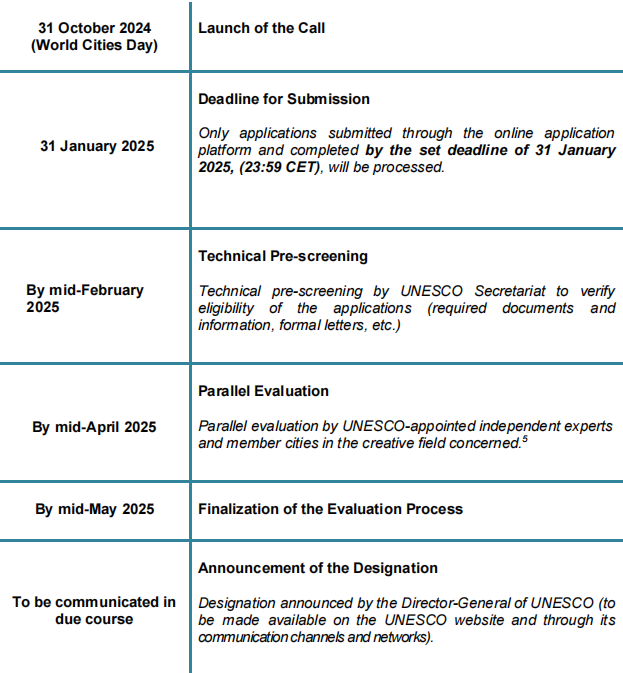


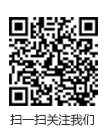


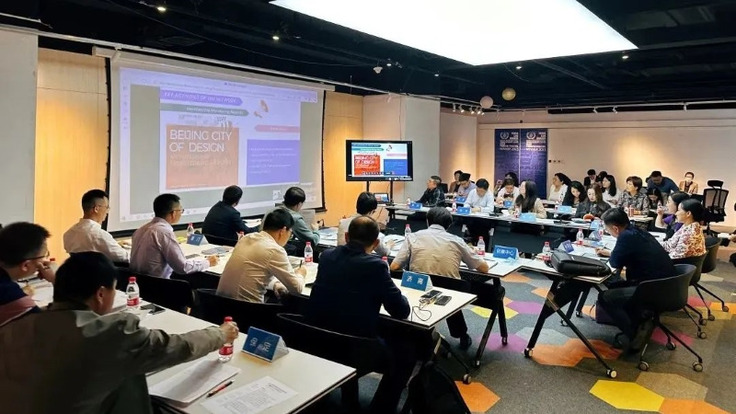
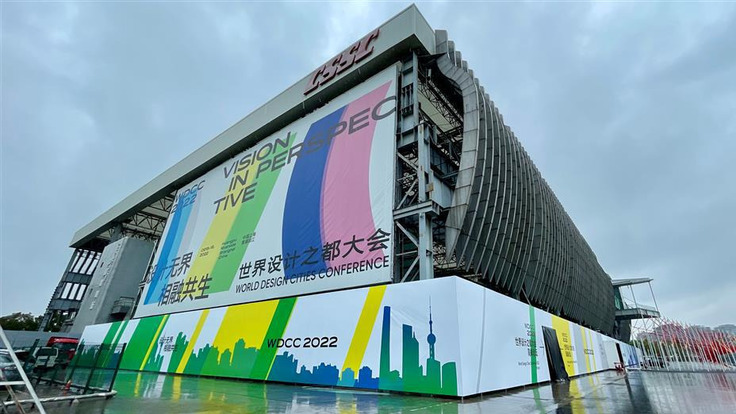
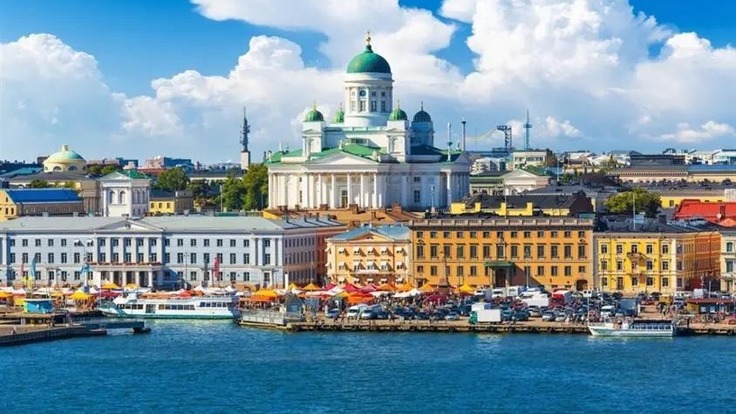
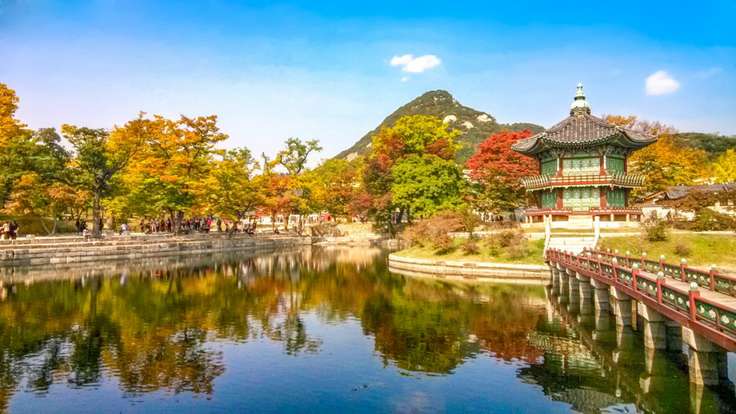
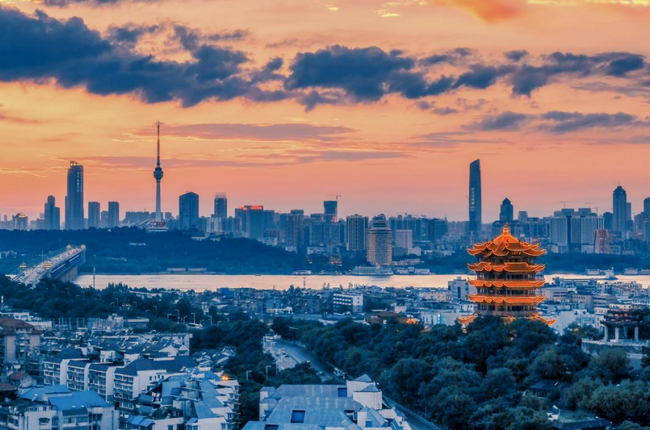



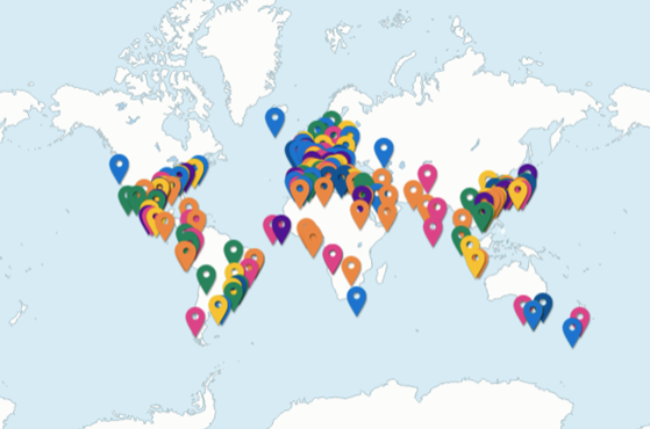


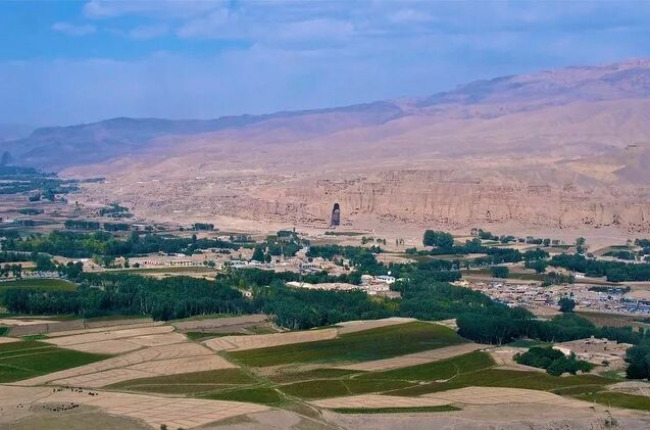
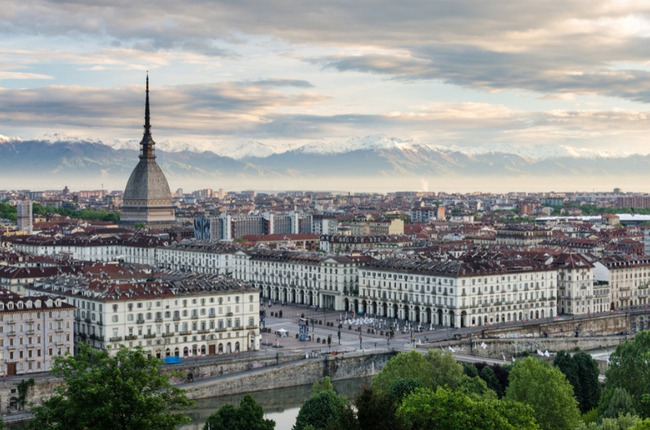
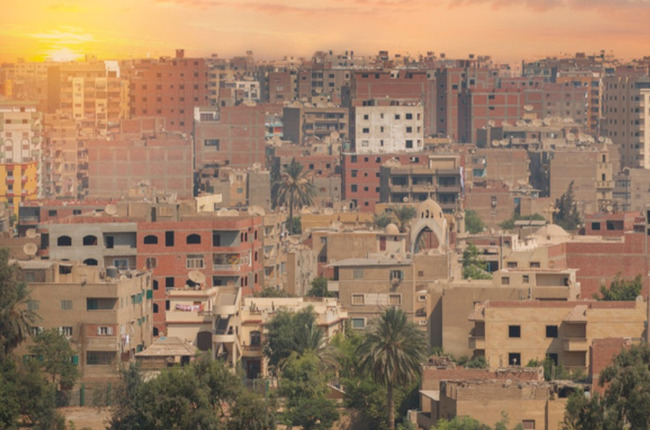
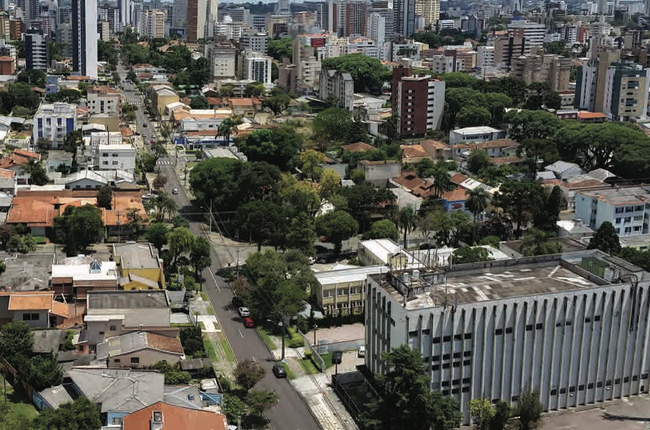
![Creative Cities (6) [Case Study] Cape Town: Creativity Accelerates the Democratic Process Creative Cities (6) [Case Study] Cape Town: Creativity Accelerates the Democratic Process](http://p2.cri.cn/M00/74/AE/rBABCmRwcmqAD-iDAAAAAAAAAAA438.917x606.650x430.png)

